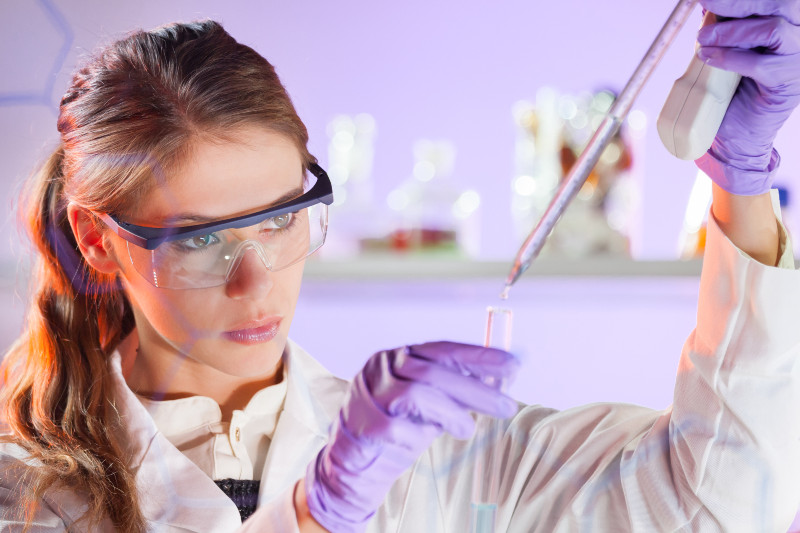When separating a compound mixture into its components, laboratories often employ chromatography. Although several different methods are available for use, one popular means is ion-exchange chromatography (IEC). Also known simply as ion chromatography, it is a form of liquid chromatography. This refers to a method of separating the ions in a sample in which the interaction of the ions – either cations (positively charged) or anions (negatively charged) play significant roles.
Applications Ion Exchange Chromatography
In the laboratory, researchers employ IEC for both analytical and preparative intents. The former tends to be the most common application. The most normative uses of this method are listed below.
1. Amino Acid Mixtures: IEC is employed in the standard analysis of such mixtures
2. Analysis of drinking water: This is to determine the presence of pollution and other constituents including the total of dissolved salts
3. Water Chemistry of Aquatic Systems: This ascertains the specific chemistry in aquatic ecosystems
4. Food analysis: IEC is used to discover the salt and sugar content of specific foods
5. Protein analysis: IEC isolates certain proteins
6. Hydrolysis of Nucleic Acids Products: These are analysed employing IEC
7. Inorganic ions: Separation is achieved by employing this means
8. identification: IEC can be employed to discover trace amounts of ions in drinking water and aquatic ecosystems
Overall, ion exchange chromatography is most frequently employed in industries focusing on water treatment. In the case of hydrometallurgy, the application of IEC aids in the recovery of certain precious metals.
Using Ion Exchange Chromatography
IEC is an efficient and versatile method. It is also efficient and capable of addressing both inorganic and organic ions. However, it is also precise and demanding work.
Applying IEC in your lab for analysis or even in preparative usage requires the best instrumentation possible. For exact and high-quality devices, look to those produced by Trinity Biotech. Such instrumentation helps ensure the results achieve the high level of accuracy your analytical work in the laboratory demands.


